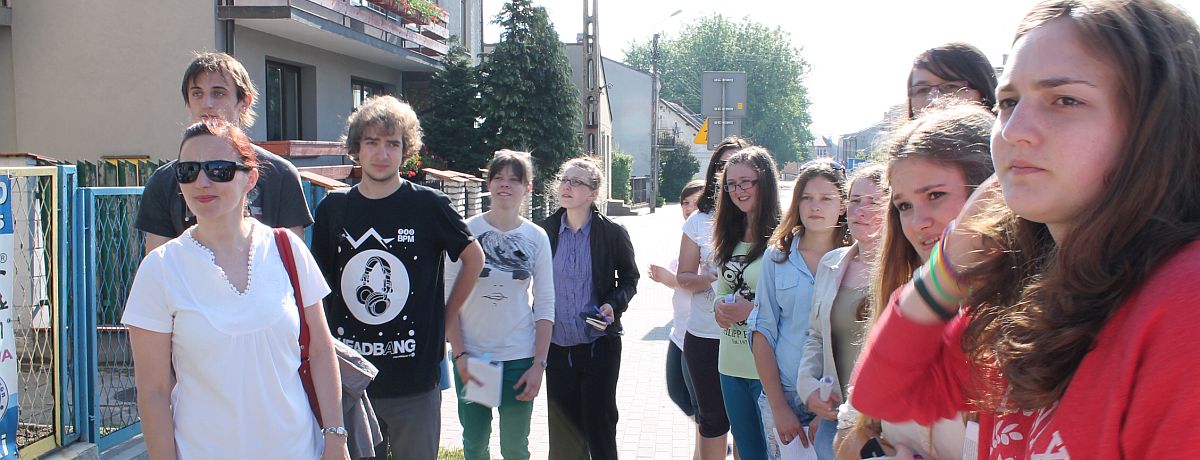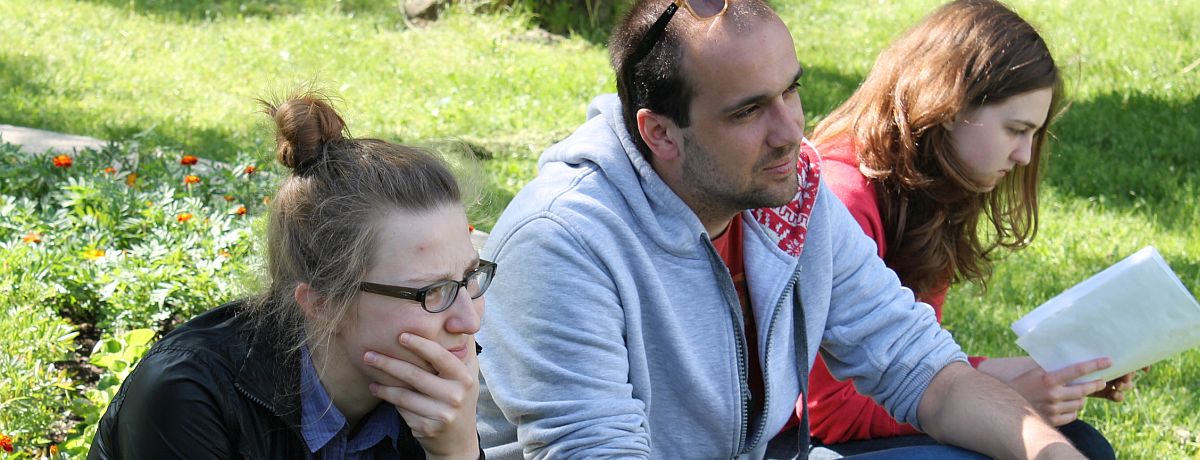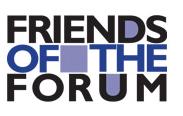| 2013 |
Ryki
Maria Skłodowska-Curie High School


| 2013 |
Finalist at 2013 School of Dialogue Gala
“We found the topic interesting only because our small and inconspicuous town hides an incredible abundance of stories which should be constantly rediscovered and preserved. The two cultures merged here: Polish culture and Jewish culture”, wrote students from Maria Skłodowska-Curie High School in reference to their participation in the program launched by the School of Dialogue. This inconspicuous town is called Ryki, in the Lublin Region. In the 19th century, Jews constituted 90% of Ryki’s population. These proportions were preserved until the First World War. Jews from Ryki were merchants and craftsmen, they kept inns and roadhouses. They built a brick synagogue, an educational house and a cemetery. As the time passed by, the town became a famous Chasidim centre. The 20’s and 30’s were characterized by the increased number of anti-Semitic incidents in Ryki, like all around Poland. In 1939, nearly 3,000 Jews lived in Ryki who constituted approximately 66% of the town’s population. At the end of 1940, a ghetto was established in Ryki. On 6 May 1942, at night, the ghetto was surrounded by the SS units from Dęblin. The SS men and the blue police took Jews to the market square where they robbed them, whereas the elder and the sick were shot on the spot. In the morning, Jews were taken to Dęblin. Those who could not keep up were shot. Two hundred young people were driven to the labour camp in Dęblin, at the airport.
Other Jews from Ryki and Dęblin, and there were approximately three thousands of them, were transported in cargo wagons to the extermination camp in Sobibór.
During the workshops organised by the School of Dialogue, the students became familiar with Jewish culture and they independently discovered the preserved sites connected with Jewish life in Ryki. The synagogue building still stands at Rynek Stary 37; a subsidiary of a bank is located there now. At the Jewish cemetery in Piaskowa Street a few matzevot are still in place. They were found and restored under the project “Matzevot Return Instruction” by Association of Creative Initiatives “ę’. “I am very satisfied with the workshops. Thanks to the workshops, I could improve my knowledge and got fascinated by the Jewish culture. The workshops also turned out to be a perfect opportunity to integrate. Today, we intend to undertake several activities in our municipality, with the aim to commemorate Jewish tradition”, said students during the workshops at school. They implemented their plans. “Our main task was mostly to discover stories of simple Jewish residence of Ryki – merchants, craftsmen, peaceful and religious people who usually disappear somewhere in the complexity of history. Because the history of this place was created by their small everyday affairs”, said one of the workshops participant.

And, the stories about everyday life are best told by grandparents. A grandmother of one of the workshops participants, Ms. Adela Nosowska, recalled a lot of stories about the Jewish community in Ryki. She told about a small blue house where a candy shop of Mr Baruch was located. A group of children would go there on every school break, because of the orange peel in chocolate sold there as the speciality of the house. About the taste of onion pancakes for 10 groszy at the Chaim bakery. About a fabric shop owned by Izrael Firanka and about a shop with bicycles located on the other side and run by Firanka’s son-in-law. About the hair salon where Jewish boys played violin to provide entertainment for those who waited. About the world which was lost.
Within the independently developed project which summarised their participation in the School of Dialogue program, the high school students organised a walking tour around Ryki from before the War and prepared a short film about the fate of Jews from Ryki during the War. When preparing the tour, they used several sources, i.e. written sources, like books, publications and information available on the Internet, and oral sources, like accounts of Mrs. Adela. They used the gathered information to create a map of pre-war Ryki.
They marked on the map where the former Jewish shops, the synagogue and various service outlets were located. The collected stories allowed them to precisely describe each town house located in the town centre and people who lived there before the War. They were also able to tell the stories of the Holocaust Survivors. Their knowledge was truly impressive. The map of pre-war Ryki was used during the walking tour “Following the footsteps of the Jews from Ryki”. The tour mainly covered the areas surrounding the market square and included stories about the synagogue, the Jewish cemetery and the market in Ryki. Because there was no information on the former synagogue building referring to what it was before, students decided to file a request with the Starosta Office to commemorate the site. The last stage of the tour included a screening of the film shot by the students and distribution of sweet snacks.
At the end, the students summarized their several months of efforts as “a pleasure in discovering the history of the town, in building a bridge between the past and present, in rediscovering each corner of the town and a great fun combined with improving knowledge about the local culture.”
During a six-week period of the School of Dialogue project, I learnt more about Jewish culture than in my entire life. What is more, during the meetings I acquired a general knowledge of the past of the two nations which, even though their traditions and religions differ, have a lot in common. The meetings were ‘live’ history lessons.
Workshops participant
I do regret that the today’s town development does not reflect what is so precious – it is undoubtedly important to know the history of one’s town. Thanks to the workshops, I could understand that cultivating tradition and culture is very important in everybody’s life … I wish I had dealt with this earlier but now I will do my best for the history not to be forgotten.
Workshops participant

School:
Maria Skłodowska-Curie High School
Honorable mention:
Finalist at 2013 School of Dialogue Gala
Students:
school journalist club
Teacher:
Małgorzata Grzelak
Educators:
Ewelina Bartosik, Julia Jeschke, Stanisław Niemojewski
In appreciation to the Conference on Jewish Material Claims Against Germany (Claims Conference) for supporting this educational program. Through recovering the assets of the victims of the Holocaust, the Claims Conference enables organizations around the world to provide education about the Shoah and to preserve the memory of those who perished.

In appreciation to Friends of the Forum for supporting the School of Dialogue educational program.
